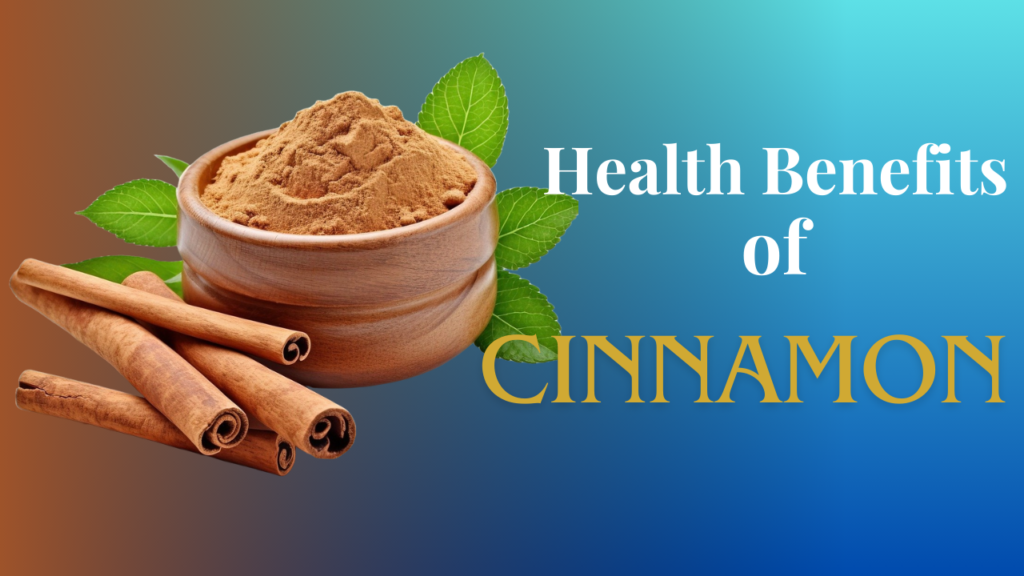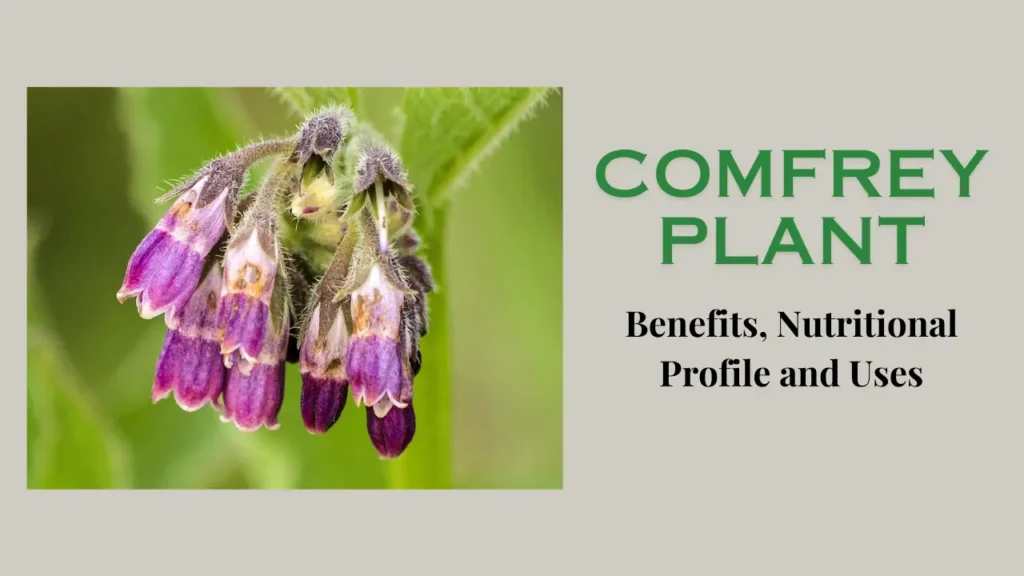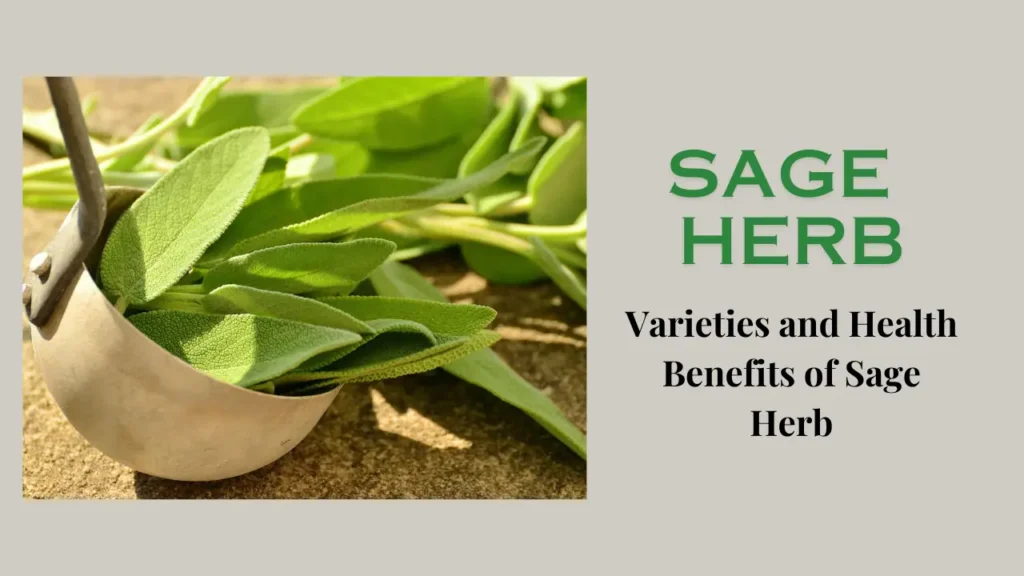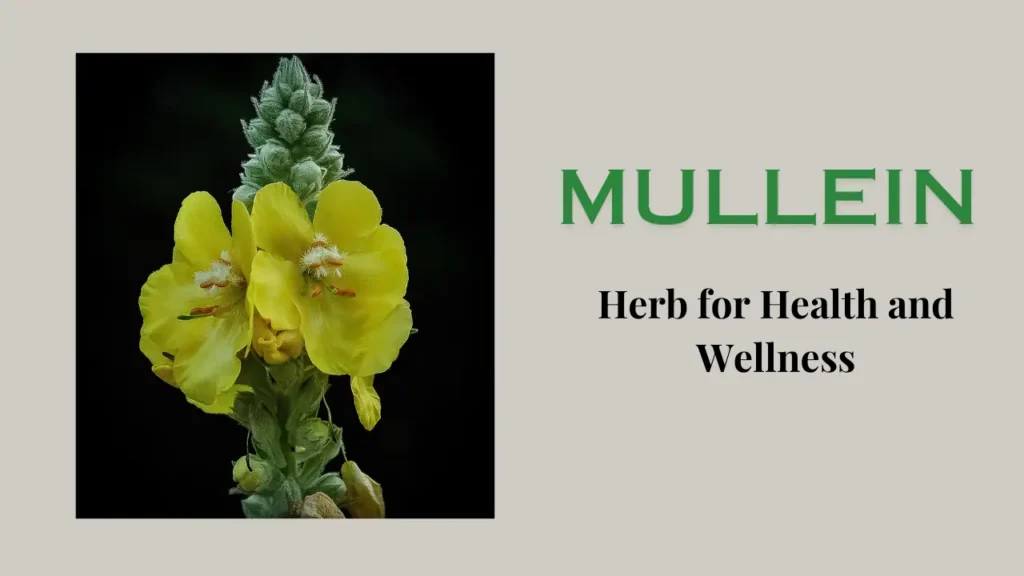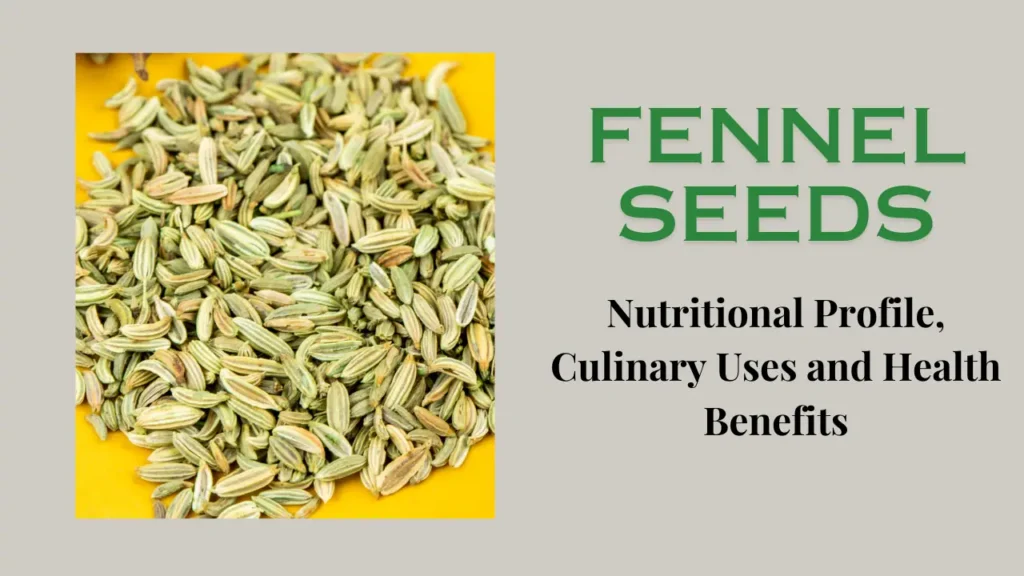
What is Elderberry?
A. Definition
B. Varieties of Elderberry
C. Nutritional Profile
Health Benefits of Elderberry
A. Immune System Support
- Antioxidant Properties – Elderberries are abundant in antioxidants that help protect the body against oxidative stress caused by harmful free radicals.
- Anti-inflammatory Effects – The bioactive compounds found in elderberries possess anti-inflammatory properties, which may help reduce inflammation in the body and support overall immune function.
- Cold and Flu Prevention – It has been traditionally used to alleviate symptoms of the common cold and flu. Some studies suggest that elderberry extract may help reduce the duration and severity of these respiratory infections.
B. Antiviral Properties
This herb has demonstrated antiviral activity against various strains of influenza and other viruses. It may inhibit the replication of viruses and help prevent their entry into cells.
C. Management of respiratory infection
This has been used for centuries to relieve symptoms associated with respiratory infections, including coughs, congestion, and sore throat. Its anti-inflammatory and immune-boosting properties may provide relief and support the healing process.
D. Relieving Allergies
Some research suggests that this may help alleviate allergy symptoms by reducing inflammation and modulating the immune response. However, further studies are needed to establish its effectiveness in this regard.
E. Promoting Heart Health
The antioxidants present in elderberry can contribute to heart health by reducing oxidative stress and promoting healthy circulation. It may also help manage cholesterol levels and blood pressure, thus supporting cardiovascular well-being.
F. Potential Anti-cancer Effects
Preliminary studies indicate that this may possess certain anti-cancer properties. The bioactive compounds in elderberries have shown potential in inhibiting the growth and spread of cancer cells, but more research is required to confirm these effects.
Read Also: Sage Herb
How to Incorporate Elderberry into Your Daily Routine
1. Supplements
- Capsules and Tablets – These convenient forms provide a standardized dosage of elderberry extract, making it easy to incorporate into your daily routine.
- Liquid Extracts – The extracts in liquid form offer quick absorption and can be taken orally or added to beverages or recipes.
- Syrups and Tonics – Syrups and tonics are popular choices, especially for those who prefer a sweeter taste. They can be consumed directly or mixed with water, juice, or tea.
2. Infused Foods and Beverages
- Jams, Jellies, and Spreads – This can be used to create delicious spreads that can be enjoyed on toast, pastries, or added to yogurt.
- Teas and Infusions – Elderberry tea or infusions offer a soothing and flavorful way to consume this herb. They can be prepared by steeping dried elderberries in hot water.
- Smoothies and Juices – Add this to your favorite smoothie or juice recipes for a nutritious and immune-boosting twist.

Choosing the Right Product
A. Quality Considerations
- Sourcing and Manufacturing Practices – Look for products made from high-quality elderberries that have been responsibly sourced and processed to ensure purity and potency.
- Organic and Non-GMO Options – Opt for elderberry products that are certified organic and free from genetically modified organisms (GMOs) for a more natural choice.
B. Dosage Recommendations
C. Potential Side Effects and Precautions
Myths and Misconceptions
i. Elderberry and the Flu Vaccine
- Contrary to a common misconception, it does not replace the need for the flu vaccine. It can, however, be used as a complementary measure to support overall immune health.
ii. Safety Concerns and Toxicity
- When consumed in appropriate doses and prepared correctly, is generally safe for most individuals. However, consuming unripe or uncooked elderberries can be toxic due to the presence of cyanogenic glycosides. Always ensure that elderberries are fully ripe and cooked before consumption.
iii. Allergies and Sensitivities
- Some individuals may be allergic or sensitive to elderberry. If you experience any adverse reactions, such as itching, swelling, or difficulty breathing, discontinue use and seek medical attention.
Additional Tips and Considerations
A. Consulting a Healthcare Professional
- If you have any underlying health conditions, are taking medications, or have concerns about using elderberry, consult a healthcare professional for personalized advice.
B. Storage and Shelf Life
- Properly store products according to the manufacturer’s instructions to maintain their freshness and potency. Check the expiration dates and discard any expired products.
C. For Children and Elderly Individuals
- Exercise caution when giving these products to children or older adults. Adjust the dosage based on age and individual needs and consult a healthcare professional for guidance.
D. Incorporating Elderberry into a Balanced Diet
- While elderberry can be beneficial, it should be viewed as part of a holistic approach to wellness. Maintain a balanced diet rich in various fruits, vegetables, whole grains, lean proteins, and other nutritious foods.
Conclusion
Elderberry is a versatile and beneficial fruit that offers numerous health benefits, particularly for immune support. Whether consumed through supplements or incorporated into foods and beverages, it can be a valuable addition to your daily routine. Remember to choose high-quality products, follow dosage recommendations, and be aware of potential side effects.
Raw elderberry, leaves, stems, and seeds contain two main toxins: lectin and a cyanide-containing glycoside called sambunigrin. By cooking it, these toxins become inactive:
- Lectin: This is a protein that causes stomach upset and digestive problems. The heat from cooking breaks down the lectins, rendering them harmless.
- Sambunigrin: When the berries are crushed or chewed, it releases a small amount of hydrogen cyanide, which is poisonous. Cooking breaks down the sambunigrin, which stops the secretion of cyanide.
No, eating raw elderberries is not recommended. Consuming it in large quantities can cause serious problems like nausea, vomiting, diarrhea, or stomach cramps.
Yes, boiling elderberry can easily remove its toxins. It denatures lectins and breaks down sambunigrin, reducing the risk of cyanide poisoning. It is generally recommended to boil it for at least 10-15 minutes.
Yes, consuming ripe elderberries in small amounts is considered safe for most people. However, some things should also be kept in mind such as:
- Some people experience mild digestive problems even after eating ripe blackberries.
- Pregnant and breastfeeding women, young children, and individuals with certain medical conditions should consult a doctor before consuming elderberry.
Research is currently underway on whether daily consumption of elderberry provides long-term protection. While it is generally considered safe in moderate doses for short periods (up to 12 weeks), do not take it without consulting a health care professional.

